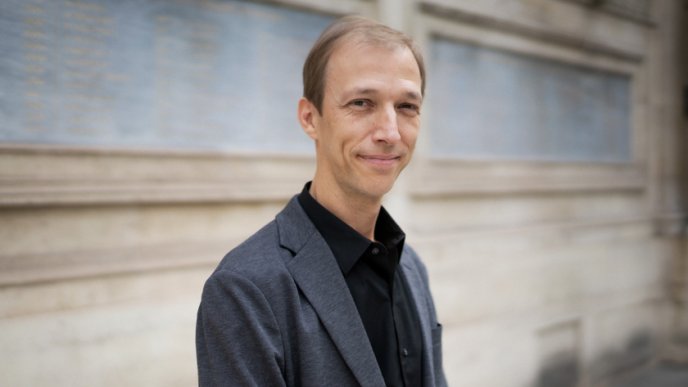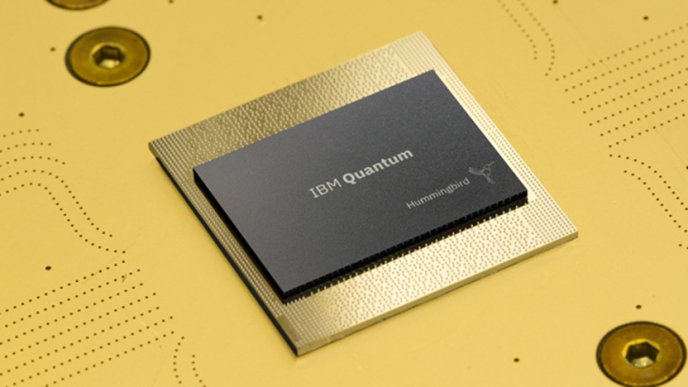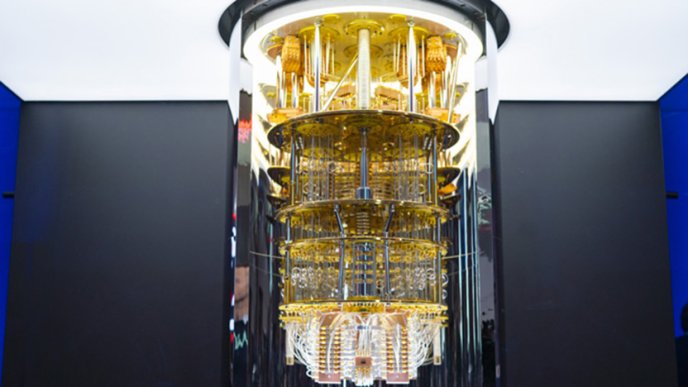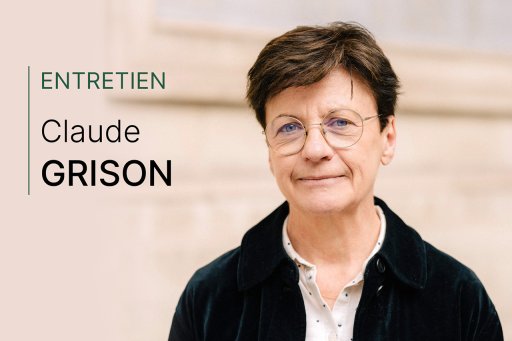In 2019, Google announced that it had achieved what American physicist John Preskill dubbed "quantum supremacy". With its Sycamore quantum processor, the American giant succeeded in solving a problem that no conventional computer could have solved in a reasonable amount of time. Although the problem had no real application in theory, this technological breakthrough has made a strong impression on the physics and computing communities. However, this prototype is still far from being powerful enough to be considered a quantum computer. That hasn't stopped theoretical computer scientists from anticipating what might happen with the arrival of such a machine, by dreaming up new algorithmic ideas. In France, Frédéric Magniez is a leader in this research. A graduate of ENS Cachan with a degree in mathematics and a doctorate in theoretical computer science, he has headed the Institut de recherche en informatique fondamentale (IRIF) since 2018. His work focuses on the design and analysis of probabilistic algorithms for processing large masses of data, as well as on the development of quantum computing and, more specifically, cryptography and its interactions with physics. He holds the annual Computer Sciences and Digital Sciences Chair at the Collège de France, dedicated this year to quantum algorithms.
Your lectures in this year's Chair of Computer Science at the Collège de France focus on quantum computing. Can you tell us more about this field of research ?
Frédéric Magniez : When new computer architectures emerge - for example, a supercomputer - a new computing model emerges, and the community of theoretical computer scientists, of which I am a member, tries to understand its implications. In particular, we're wondering whether these machines can be programmed, and whether algorithms can be developed to take advantage of the specific features of this new architecture. But we're also wondering what this means in terms of complexity and resources. For example, can a previously difficult problem be made simple ? Can computation be accelerated ? In the case of quantum computing, we're asking all these questions with a very special architecture : a quantum computer.
What exactly is a quantum computer ?
It's a machine that relies on the laws of quantum mechanics to store and manipulate information. Unlike a conventional computer, which manipulates bits of information (0s or 1s), a quantum computer manipulates what are known as quantum bits - or qubits. These can be in the state 0 or 1, but also in a superposition of these states. For certain types of problem, this property of quantum mechanics can significantly accelerate computing speed. This is the case, for example, with factoring, the inverse operation of multiplication. While it's very simple to multiply two very large integers, factoring, which consists in decomposing a very large number into the product of its factors, is much more complex. So complex, in fact, that our conventional computers are incapable of performing this calculation in any reasonable time. With a quantum computer, however, this calculation would be exponentially faster. And therefore theoretically possible.
In theory ?
Yes, because a universal quantum computer does not yet exist. Only prototype quantum computers have been developed, notably by Google and IBM. To give an order of magnitude, a classical computer is equipped with processors of several billion bits (0 or 1), whereas quantum prototypes manipulate less than a hundred qubits. Google's Sycamore prototype, for example, has just 53 qubits. What's more, these prototypes are prone to calculation errors, making it impossible to run truly useful quantum algorithms.












